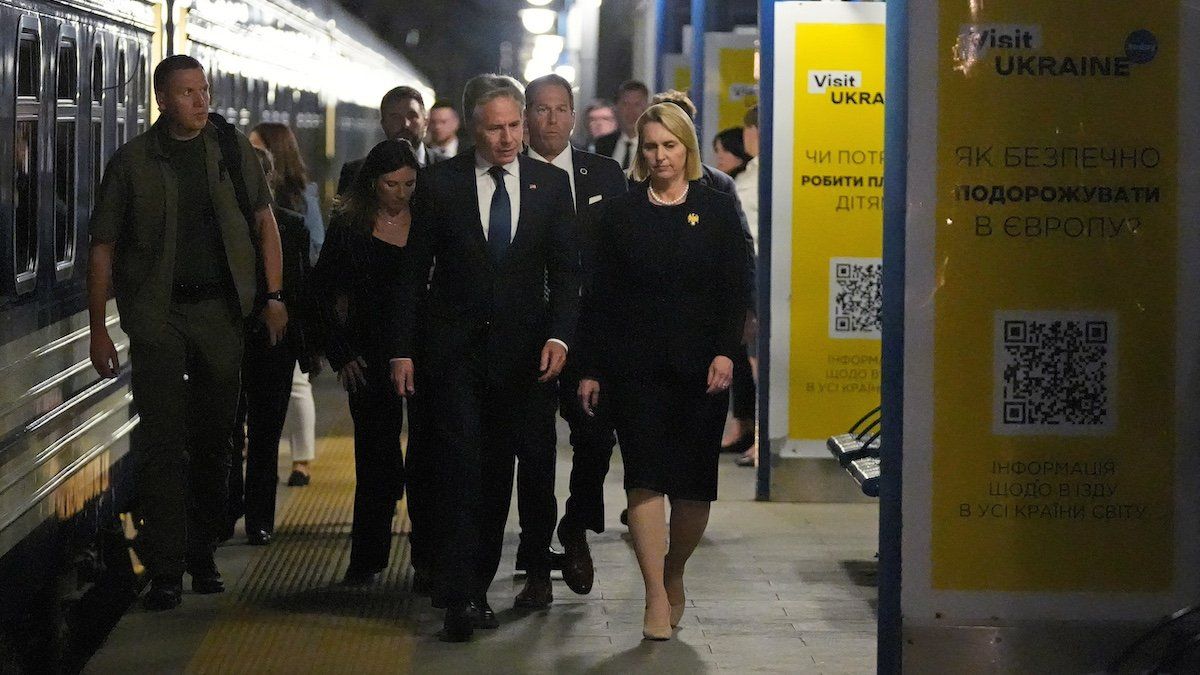US Secretary of State Antony Blinken and UK Foreign Secretary David Lammy suggested during a visit to Kyiv on Wednesday that their governments might reconsider prohibitions on letting Ukraine use Western weapons to hit targets inside Russia.
Until now, the US and UK have refused Ukraine’s requests, because of concerns about escalating the war with a nuclear-armed Russia.
But Lammy said recent reports of Russia acquiring ballistic missiles from Iran “clearly change the debate,” while Blinken suggested Washington might be more flexible too, saying the US has “adjusted and adapted as needs have changed.” US President Joe Biden on Tuesday said his administration was “working that out” when asked about a policy change.
In addition, the US this week alleged for the first time that China has provided direct support for Russia’s “war machine,” while Lammy urged China “not to throw their lot in” with Russia and other “renegades.”
These discussions all come as Russia continues to announce gains in eastern Ukraine, even as Ukrainian forces continue to hold territory in Russia’s Kursk region, where Moscow has so far failed to drive them out.
Ukrainian President Volodymyr Zelensky on Wednesday urged his Western allies to make “strong decisions.” Will they?